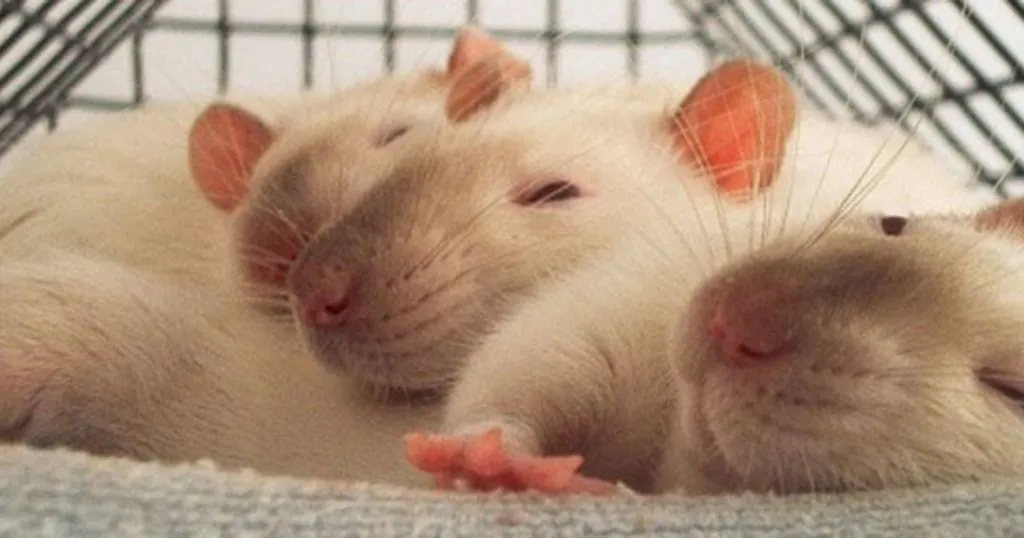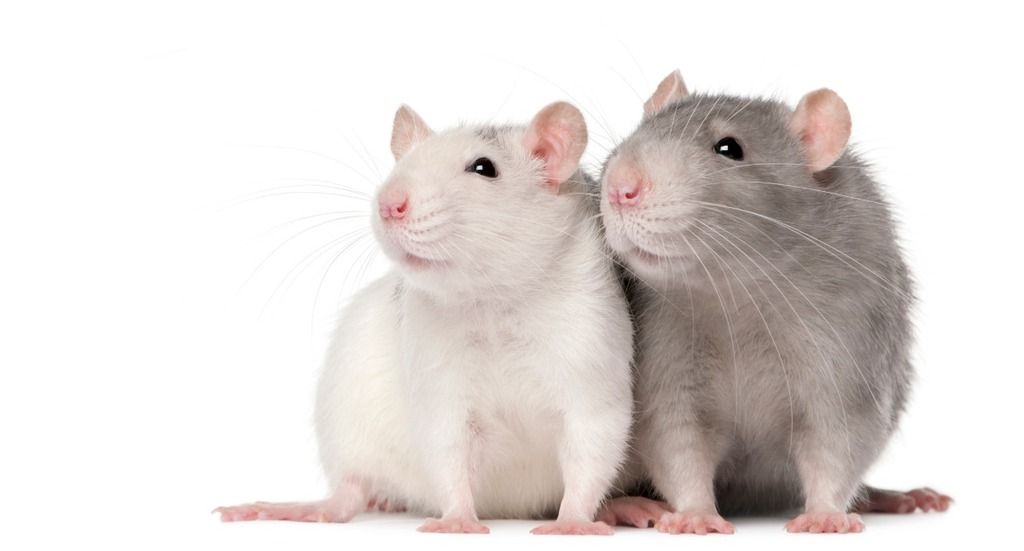Why rats help other rats
As humans, we help each other because it is the right thing to do. We help our friends and our family. And of course we help strangers as well. Right?
Posted by
Published on
Thu 27 Feb. 2014
Topics
| EthoVision XT | Rats | Social Behavior Research | Social Interaction | Video Tracking |

As humans, we help each other because it is the right thing to do. We help our friends and our family. And of course we help strangers as well. Right?
Most of us would do about anything to help those we love if they are in need, but how far would we go for a stranger? And would this change if we have met that person before? It all has to do with our empathetic abilities. The emotional status of someone in need ‘transfers’ to us, making us want to help him or her.
How emphatic are rats?
Our capacity to help strangers is often contributed to our highly developed cognitive abilities. Ben-Ami Bartal et al. wanted to find out if rats have this capacity as well.
Previously, they found that albino rats of the Sprague-Dawley (SD) strain can learn to release a cage mate that was trapped in a restrainer. In a recent publication in eLife, they show how the familiarity of this trapped individual influenced the helping behavior of the free rat.
Testing the importance of familiarity for helping behavior
Inbal Ben-Ami Bartal and colleagues tested the effect of familiarity in different ways, applying different couplings between familiar and stranger rats from the same albino strain (SD) or from a different, hooded rat strain (Long-Evans).
In the first part of the study, the albino pups were kept in their biological nest and after weaning were divided into groups, housing with cage mates from either the same albino strain or from the other hooded rat strain.
In a second part, researchers also investigated the effects of genes by foster-raising some of the rats, meaning that some of the rats were not kept in the nest with their biological mother after birth, but put in a nest with hooded pups.
Freeing a fellow rat
To test the helping behavior of albino rats, they were placed in a cage in which another rat was already trapped in a restrainer cage. This trapped rat was either from the same albino strain or from the hooded strain and could be a familiar individual or a stranger to the free rat.
The trial took one hour. The only way for the restrained rat to leave the restrainer was for the free rat to open it from the outside. If this did not happen within 40 minutes, the researcher opened it for them. After the door was opened, rats were left together for the remainder of the time to monitor their behavior after door opening.
The researchers posted a video of these tests at https://elifesciences.org/articles/01385/figures
Rats help rats they recognize
In short: it turns out that helping behavior (and other pro-social behavior such as showing interest in and not fighting) in rats requires a certain degree of familiarity to the individual or to the strain. In other words, rats helped individuals they had previous social interaction with in the nest or after weaning. They also helped strangers if they had previous interaction with a member from the same strain as that stranger was from.

Nurture over nature
Also, this study showed that nurture trumped nature in this case: albino rats fostered and raised with hooded rats will not help a fellow albino rat out if it has never met another albino before, even though they are biologically from the same strain. It will help hooded rats, whether they know the individual or not.
Thus in this study, social exposure to the strain proved to be a crucial factor in the helping behavior from one rat to another.
Read more
Find out more about video analysis in social interaction tests at www.noldus.com/ethovision.
Read the article from Ben-Ami Bartal et al.:
Ben-Ami Bartal, I.; Rodgerts, D.A.; Sol Bernadez Sarria, M.; Decety, J.; Mason, P. (2014). Pro-social behavior in rats is modulated by social experience. eLife, e01385.
Related Posts

Why wolves cry out for their friends
Zebrafish attracted to superfish: video tracking sex differences in shoaling

